First department makes its own sustainability policy: “Why wait, when you can lead the way?”

(Illustration: Shutterstock)
With an aim of limiting the CO2 footprint, the Department of Organization at CBS is the first to have made a sustainability policy that prohibits unnecessary flying, introduces vegetarian catering, and in general seeks to challenge an un-ecofriendly conference culture. The initiators hope the policy will push CBS and inspire others.
An important part of a researcher’s work is to present their new research and share their knowledge far and wide. At conferences, seminars and workshops around the world. And to get around the world, many often go by plane. A costly affair when you look at the CO2 emissions, but often the cheapest solution financially.
This way of working annoyed Ursula Plesner, Associate Professor at the Department of Organization (IOA), who along with Associate Professor Morten Knudsen initiated a sustainability policy that was passed by the department in agreement.
“A researcher’s work is extremely unsustainable due to all the flying. Morten and I discussed this and we talked about how relatively slow CBS is moving on this. But as our Head of Department said: ‘Why wait for CBS, when we can just get started ourselves?’” says Ursula Plesner and explains that she and Morten Knudsen made a first draft of a sustainability policy which was then improved in working groups and discussed at a department meeting.
If you want to do something about the carbon footprints of researchers, flying is where you can make a difference
Morten Knudsen
IOA Sustainability Policy 2019 ended up containing three principles and 16 action points that cover different aspect of CO2 emissions, such as conference travel, catering and general footprint awareness.
For example:
- IOA does not subsidize flights to destinations that can be reached by train within eight hours.
- When conference participation involves flying, only one Senior VIP can participate per conference paper.
- At IOA events (conferences, workshops and meetings, etc.), IOA orders vegetarian catering. We encourage our caterers to deliver organic and local food when possible.
However, one topic in particular is covered thoroughly in the policy and that’s flying and transportation in general.
“If you want to do something about the carbon foot prints of researchers, flying is where you can make a difference, so that’s why we focused on that in the policy,” says Morten Knudsen.
Ursula Plesner refers to a research paper from Canada that shows the correlation between the number of a researcher’s fligh trips and their success measured in the number of citations. According to her, the paper shows that researchers who don’t fly at all have a lower impact. If you fly just once per year, the impact increases significantly, but a higher number of flights doesn’t result in more impact.
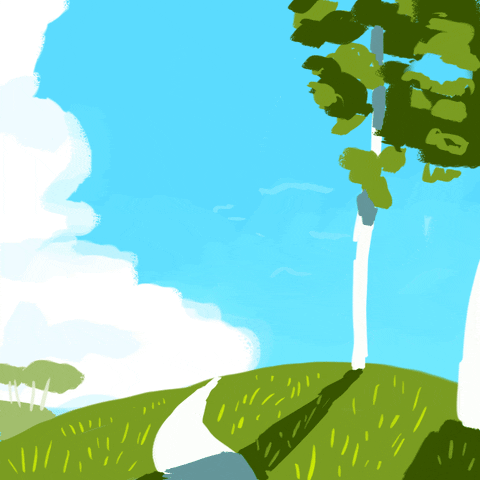
“We have been used to thinking that we can’t do our job without flying. But at IOA there doesn’t seem to be a lot of resistance to the idea that we can reduce flying significantly. Even if it is unrealistic to stop flying altogether, everyone would like to do something about it,” she says.
When the policy has been in force for a year, the Staff Involvement Committee (Department forum) will calculate and present the travel-related CO2 footprint of the IOA and suggest a reduction target for the coming year.
Malta is a nice place, but what about Munich?
The policy also addresses what the IOA should do when hosting its own conferences. This includes, for example, that the IOA “strives to find venues that are accessible with the lowest CO2 footprint considering the expected group of participants.” And Morten Knudsen hopes for a change in conference culture.
“Conferences are the main reason why we fly, so if we can change how we do conferences, including the structures around them, it would mean a great deal. I mean, why host a conference in Malta, a place you can only reach by plane? Yes, it’s nice, but it’s that type of conference we need to get rid of and place in central Europe instead, so it can be reached by train,” he says.
Morten Knudsen has attended conferences worldwide. But at one conference in Japan the outcome didn’t bear comparison with the time spent on transportation.
“Of course, you can attend conferences far away where the value and outcome is great, but sometimes it’s not the case. I hope that in ten years we will have changed how we do conferences,” he says.
Some will say that it’s provincial if we don’t fly and attend conferences far away. But true provincialism is the belief that we don’t need to change
Morten Knudsen
Ursula Plesner too hopes that a broader discussion about how and why researchers attend conferences will spread. Because, as she sees it, traveling can also have other downsides than the CO2 footprint.
“The more you’re on the go and spend time in the air, the less time you have for writing your research papers and preparing your teaching. So if you’re up to your ears in work, it might be nice to cut back on traveling. I really hope this policy will make people talk about and reflect on what makes sense when it comes to flying,” says Ursula Plesner.
Not all conferences are worth a visit
Both Ursula Plesner and Morten Knudsen are established researchers within their fields. They have networks with international relations built up over the years. But what about the young researchers who are just about to start off their research careers?
Will this policy not be a hindrance if they are supposed to go out and present their research and create the networks they need to become ‘someone’ within their field? No, according to Ursula Plesner.

“When I was a PhD Fellow I attended way too many conferences that turned out to be of no value to me. I even attended conferences with people whom I found out didn’t have any interest in connecting with because the research was too far away from my own,” she says and continues:
“None of my senior colleagues guided or advised me on what I should and shouldn’t attend, and I would have welcomed that. So we need to help the PhD students find the right communities with the right people within their field, and then find the conferences that are of real importance to them. It is really a matter of going for quality rather than quantity”
An internal battle
When asked about his own attitude towards flying, Morten Knudsen replies with one word: ambivalent.
He flies, although he knows it’s bad and explains that this policy will address some of the ambivalence and take away some of the guilt, as it offers collective answers on what to do. In this way, it doesn’t become an internal battle every time there’s a chance to go by plane.
“We don’t want colleagues moralizing each other, because that’s bad for everyone. Instead, we’ve got these common regulations which can lower the CO2 footprint and make us think about how we fly and consume,” he says and adds:
“Some will say that it’s provincial if we don’t fly and attend conferences far away. But true provincialism is the belief that we don’t need to change because our small corner of the worls is at the time insignificant and the most important center.”
Ursula Plesner recalls that when she started her professional research career, she would just go by plane here and there for workshops and conferences, without giving it a single thought.
“Within the last couple of years, and especially with the warm summer in 2018, people have become aware that things need to change. But even as we were working on the sustainability policy, I went to Greece and Edinburgh by plane, just because I had made commitments long ago. For me, it’s about getting rid of bad habits and the old way of doing things. And hopefully this policy will help,” she says.
Morten Knudsen admits that the policy won’t eliminate all flying, and that the researchers will still fly more than what’s sustainable, but it’s one trip and one steak at a time.
“The policy will have an impact on how I work, of course, and it’ll mean that I can’t get a steak for the departmental meetings, but I can live with that,” he says.



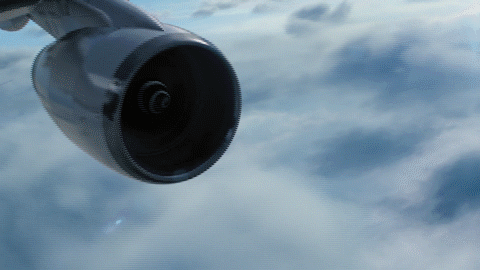
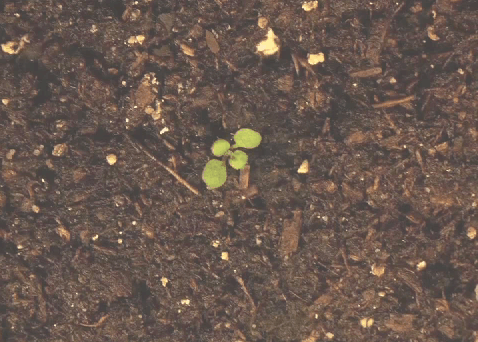
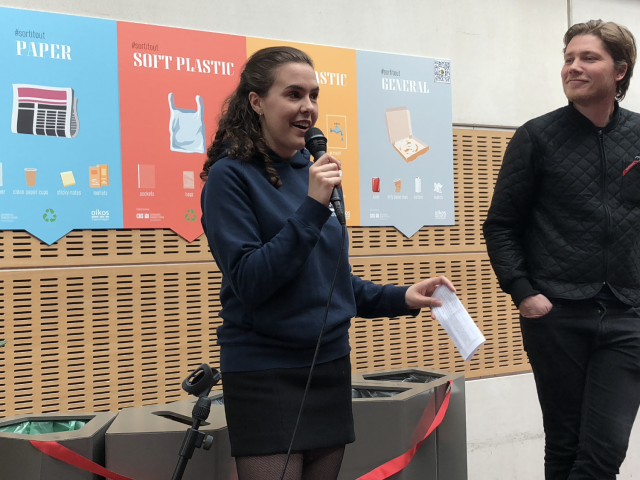
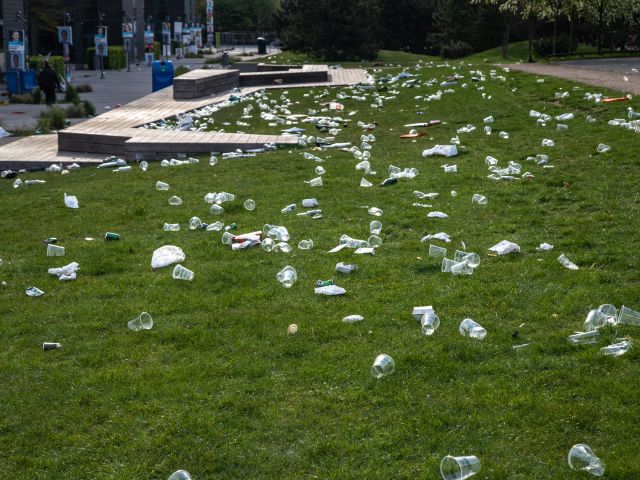

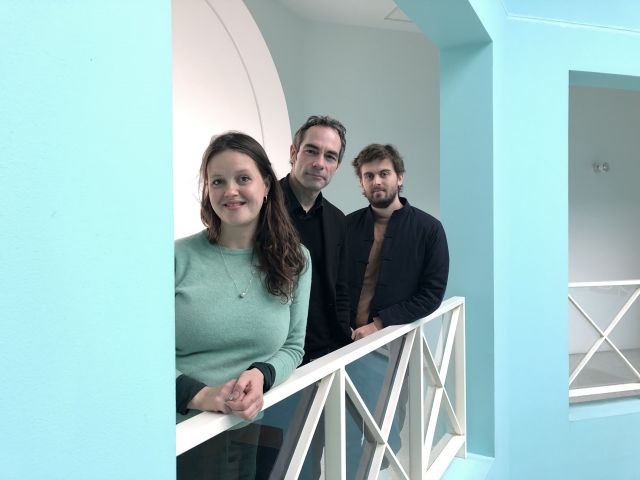

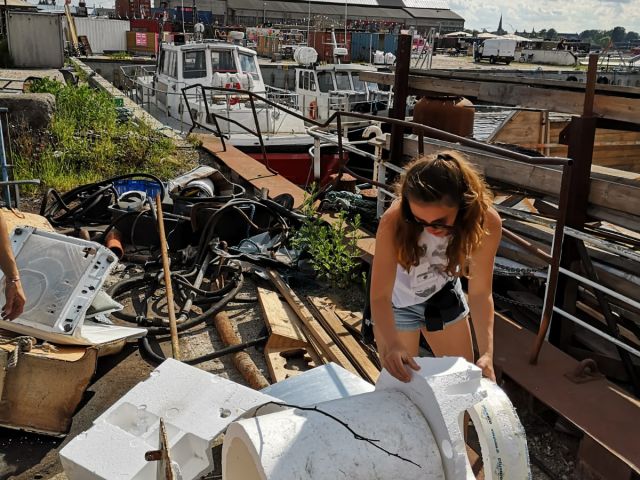





























































































































Comments